Wes Hall
Well-Known Member
As we started 2022 I said to myself I would look back over the years photos I took and kept. I wanted to see which images my eyes became drawn to time and again, and curate a personal top 10.
I've not managed to undergo the self-reflection I will be taking with these quite yet, as I want to give time for my thoughts to percolate so I can develop my image creation through this year.
What I did manage was to create a collage of my choices, as seeing them placed next to each other made it easier to let my eye wander and see contrasts and similarities.
I originally had a short list of 46, then the final 10.
What I did learn is that none of my favourite pictures came from the camera I use the most; my Pentax K-S1. What this tells me I've yet to decide.
I thought it would be fun to share the results of this with the forum, and I'd be most happy to receive any observations and comments you may have.
Below is the draft 46.

I've not managed to undergo the self-reflection I will be taking with these quite yet, as I want to give time for my thoughts to percolate so I can develop my image creation through this year.
What I did manage was to create a collage of my choices, as seeing them placed next to each other made it easier to let my eye wander and see contrasts and similarities.
I originally had a short list of 46, then the final 10.
What I did learn is that none of my favourite pictures came from the camera I use the most; my Pentax K-S1. What this tells me I've yet to decide.
I thought it would be fun to share the results of this with the forum, and I'd be most happy to receive any observations and comments you may have.

Below is the draft 46.


